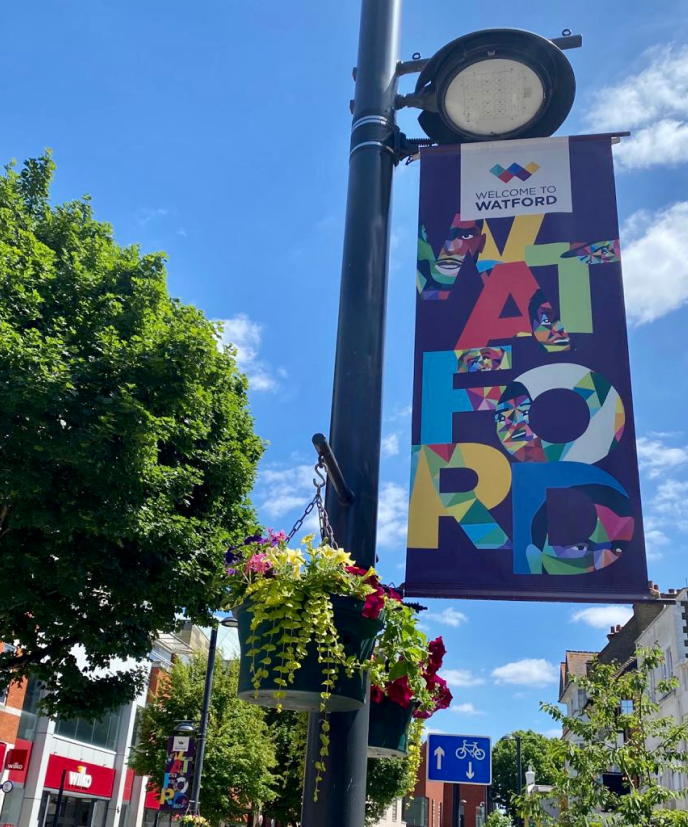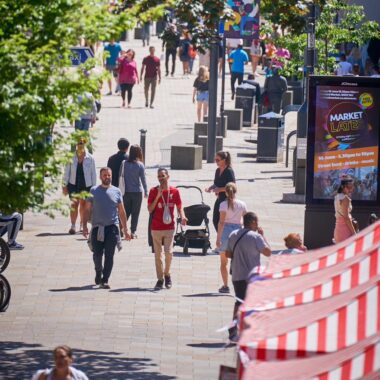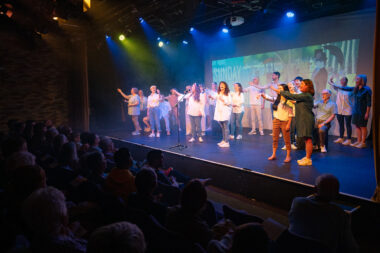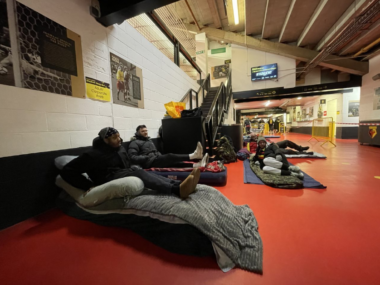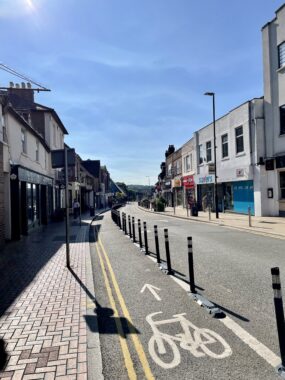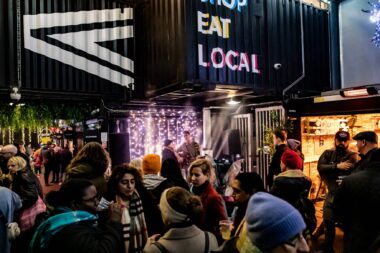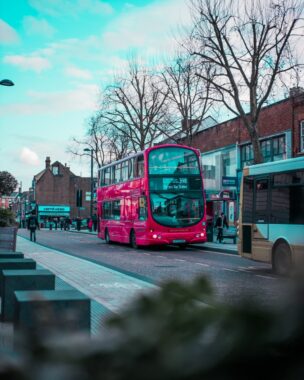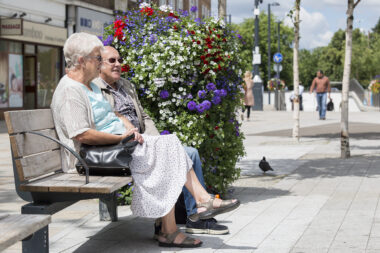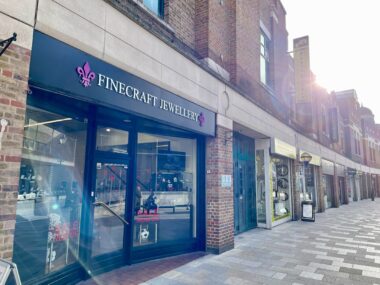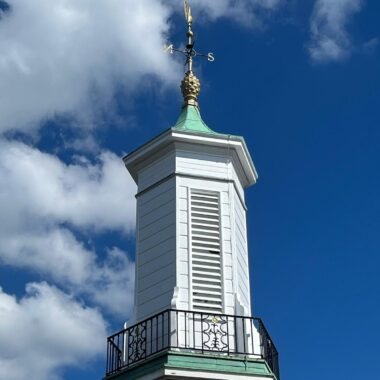
Your home for all things
Watford Town Centre favourites
See allThere are many fantastic places to visit in Watford including Atria Watford, Watford Market and the High Street.


Who we are
Watford Town Centre BID is a non-profit organisation funded by businesses and organisations in Watford, including Atria Watford, Watford Borough Council, and all the fantastic retailers, restaurants, cafes, coffee shops, bars and pubs that make up the Watford Town Centre area.
Click here for more detailed information about us and what a Business Improvement District (BID) means.

Watford Gift Card
Whether it’s trainers from JD sports, a pizza from L’Artista, a martini at Slug & Lettuce, tickets to a Watford FC match or a round of mini golf at Glow in One… give the gift of local choice and allow the recipient to choose what they buy! The Watford Gift Card supports Watford Town Centre businesses, and therefore every purchase supports Watford jobs and livelihoods.
Getting here
Planning a visit to Watford Town Centre? You’re not short of transport options – we’ve got you covered!
Watford Town Centre is located just north of London, within the M25 boundary. It is well served by buses and has direct rail links to London via overground, underground and is on the West Coast Mainline.
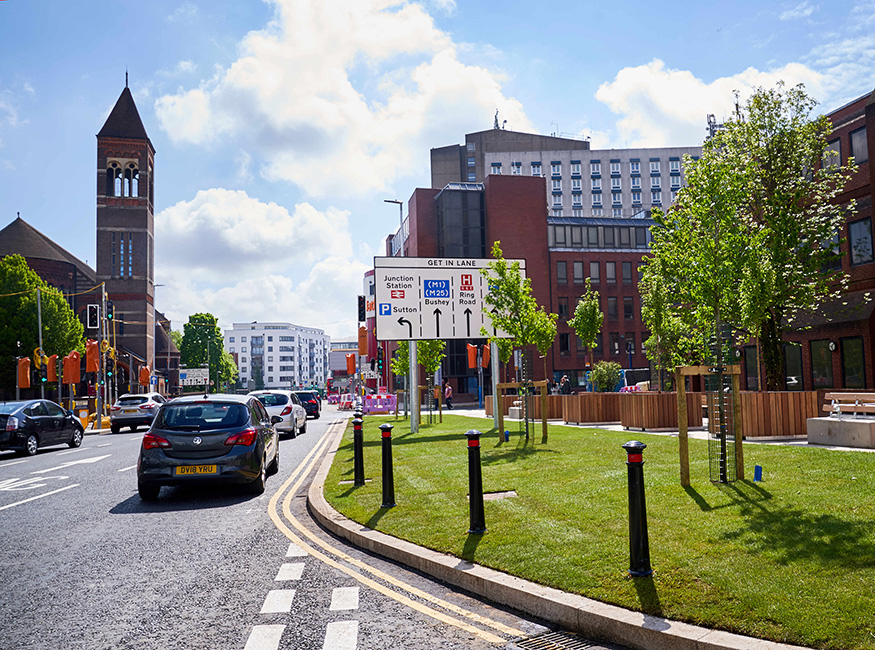
Follow Us On Social Media
For Businesses
Watford Town Centre BID is a private, not-for-profit limited company, funded by nearly 500 businesses and organisations operating in the BID area, via an annual BID levy.
› What we do
We offer marketing services, Safe & Secure initiative, colourful displays, Christmas lights, winter events, business improvement grants, Watford gift cards, social and B2B events, town centre metrics, cardboard recycling scheme, wellness weeks and Best Bar None accreditation.
› Let’s LinkUp
Watford LinkUp is a platform created exclusively for people working in BID businesses to connect with each other and share information.
› Watford Business Against Crime
Join our Watford Business Against Crime (WBAC) scheme if your business is affected by shoplifters or antisocial behaviour.
